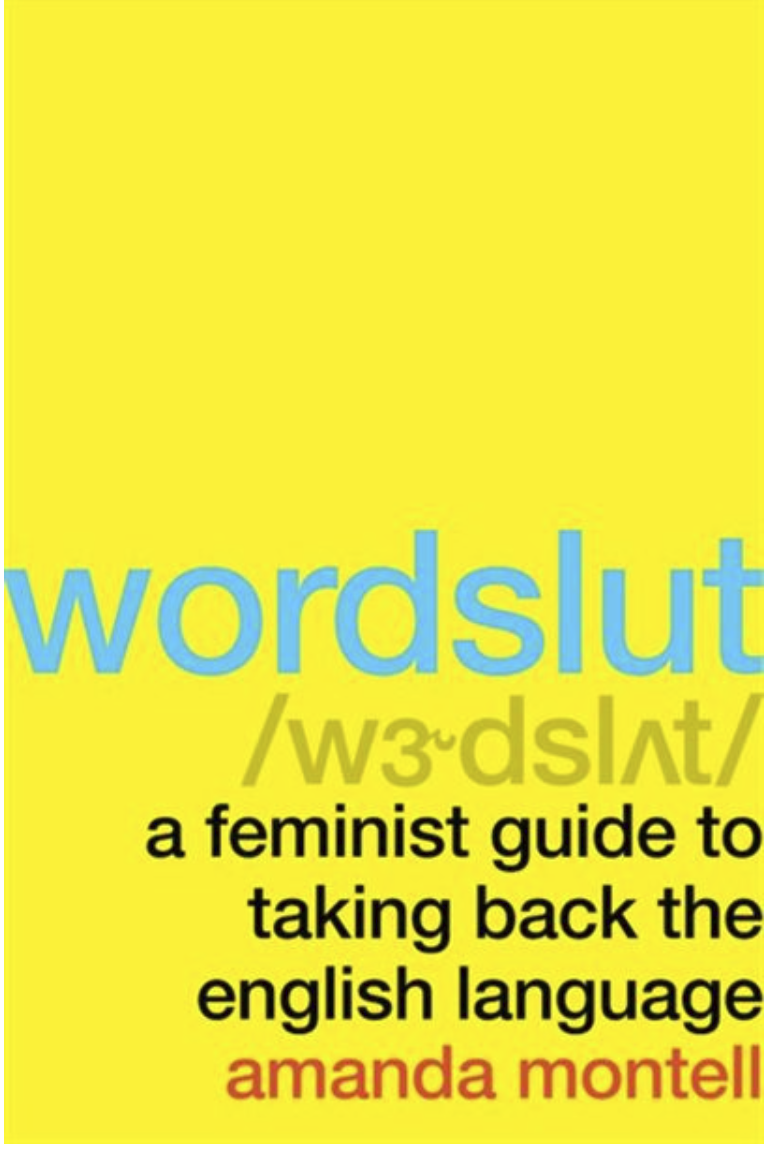Wordslut by Amanda Montell
Summary
Full Title: Wordslut: A Feminist Guide to Taking Back the English Language
This book is hilarious. It’s filled with many sidenotes, tangents, facts, and opinions that keep you entertained as Amanda tries to get to the point (which makes it a bit hard to follow at times but it’s still very entertaining nonetheless). For this reason, it’s actually quite hard to summarize what it’s about without the obvious and on point self-explanatory title. Wordslut is written by a linguist and therefore seeks to explore the hows and whys of the English language. From the transition of harmless and neutral phrases to pejorative terms - particularly ones pertaining to females, to understanding the differences pronouns play in other cultures, you’ll definitely learn a thing or two, despite your interest and knowledge in linguistics. It’s an effortless and fast read, and you can really hear the author’s voice as she makes sure she is unapologetically herself. You might be turned off a bit due to her not citing certain factoids and making assumptions (really the last thing I would expect out of a book written by a linguist), but because of her entertaining voice, it’s hard to put the book down. I am not saying it’s bad, just something that turned me off as I like to be able to clearly discern fact from opinion and appreciate it when authors take the time to disclose their opinions. Conversely, if there’s anyone’s opinion I am interested in regarding the English language and the origins of certain phrases and terms, it’s that of a linguist…so it all works out (in my opinion).
My key Takeaways
“Any social group’s language is a direct product of its history”
Particularly interesting is the stance that Amanda takes: of feminism, of gender inclusivity and diversity and how it too can ultimately shape and transform the language if we pay attention to what we say and how we are saying it
We have the power to shape culture and language is a derivative of all the subcultures so it is empowering to get this message - now that you know the history of how and what trickles down the language pipe, you too can pay attention to the subtleties of words and have fun with creating your own empowering versions that deliver their own message - this is something that although isn’t explicitly stated (except for in one chapter) but after reading the book, you will know exactly how to go about it, as much of it relies on the historic formulae of language
I would recommend this book to
You like laughing-out-loud reads, as this one surely is!
You are interested in history and/or linguistics
You want a super entertaining read
Like me, you enjoy non-fictions
You’re a feminist - is there anyone who isn’t? Why wouldn’t you want to advocate for the rights of the person who BROUGHT YOU INTO THIS WORLD! Alright, that’s enough out of me…

